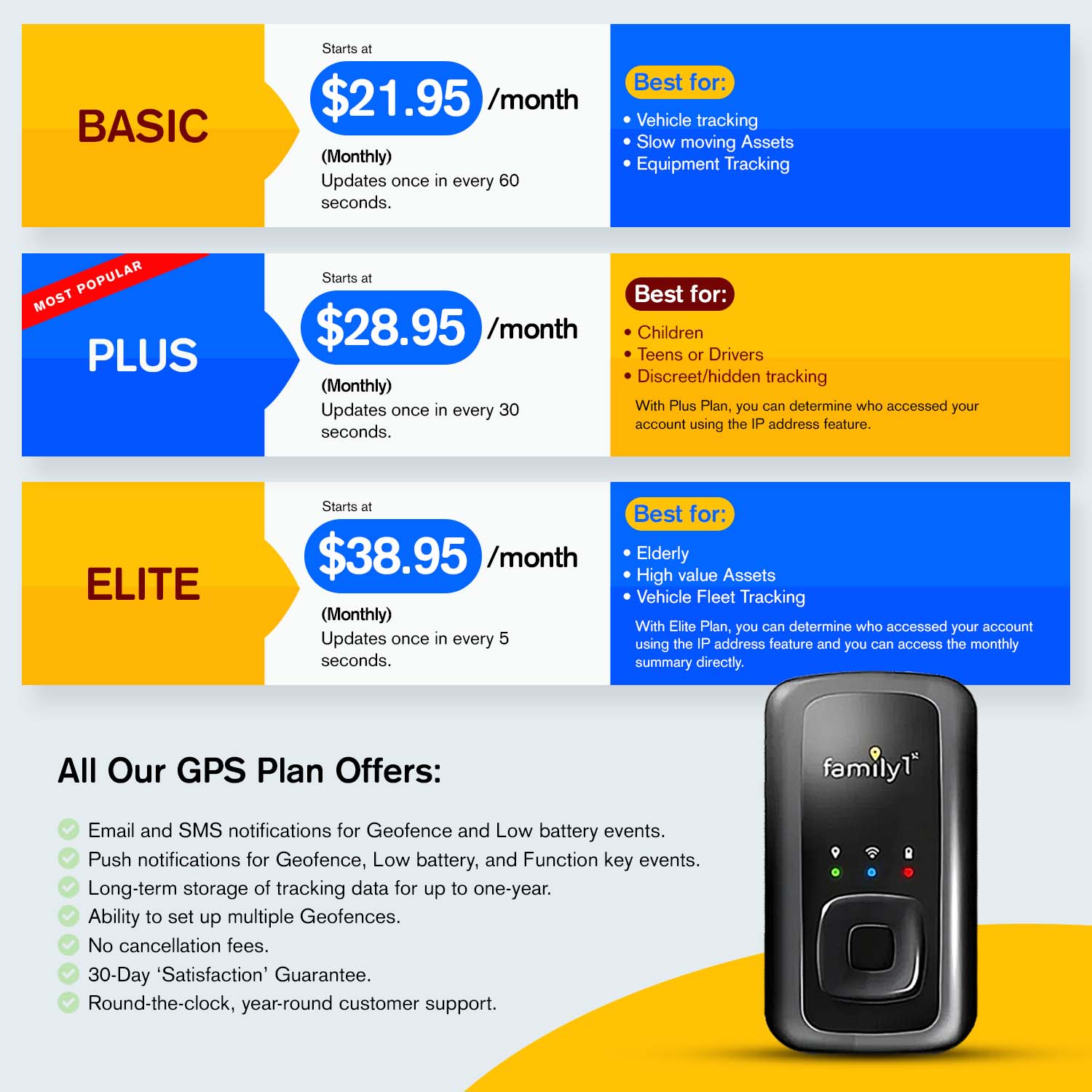GPS trackers provide real-time location tracking with global coverage, making them effective for vehicles, pets, and security. They rely on cellular or satellite networks, consume more power, and often require subscription fees.
Bluetooth trackers offer short-range tracking for personal items like keys and wallets, using proximity-based alerts and crowdsourced networks. They are compact and battery-efficient but lack real-time tracking and have a limited range.
What is a GPS Tracker?
GPS tracker is a device that uses the Global Positioning System (GPS) to determine and transmit the real-time location of an object or person. These trackers rely on satellites for positioning and usually require a cellular or satellite network to send location data.
Features of GPS Trackers
-
Global Coverage: GPS trackers work anywhere as long as there is satellite visibility.
-
Real-Time Tracking: They provide continuous location updates with timestamps.
-
Geofencing: Users can set predefined boundaries and receive alerts when the device enters or exits a zone.
-
SOS and Emergency Alerts: Some models have panic buttons for emergencies.
-
Battery Life: Typically lasts from a few days to several weeks, depending on usage.
How GPS Trackers Work
-
Satellite Communication: GPS trackers receive signals from multiple satellites to determine their precise location.
-
Data Transmission: They use cellular, satellite, or Wi-Fi networks to send location updates to a central server or an application.
Continuous Tracking: Most GPS trackers provide real-time tracking and historical route data, making them useful for vehicle tracking, fleet management, and personal safety.
Know More: What is GPS and How Does It Work?
Pros and Cons of GPS Tracker
Pros
-
Highly accurate with a location precision of 3-10 meters
-
Works in remote areas without cellular coverage
-
Provides real-time tracking and continuous monitoring
Cons
-
Requires a monthly subscription fee for cellular data
-
High power consumption due to frequent location updates
-
Larger and heavier compared to Bluetooth trackers
What is a Bluetooth tracker?
Bluetooth tracker is a small device that connects to a smartphone via Bluetooth technology to locate nearby objects. These trackers are commonly used for keys, wallets, bags, and personal belongings.
Features of Bluetooth Trackers
-
Short-Range Tracking: Effective within short distances (typically under 100 feet indoors and up to 400 feet outdoors).
-
Item Finder Functionality: Allows users to ring the tracker when misplaced.
-
Crowdsourced Location Updates: Works with other users’ devices to help locate lost items beyond Bluetooth range.
-
Long Battery Life: Coin-cell batteries can last 6 months to 2 years.
-
Compact Design: Small and lightweight, ideal for daily use.
How Bluetooth Trackers Work
-
Bluetooth Connectivity: Bluetooth trackers connect to a smartphone within a limited range, typically between 30-400 feet, depending on the model.
-
Crowdsourced Tracking: If an item moves out of Bluetooth range, the tracker can use other users' networks to update its last known location.
-
Smartphone Integration: Users can track lost items through an app, which provides alerts and sound notifications.
Pros and Cons of Bluetooth Trackers
Pros
-
No monthly fees as they do not require subscriptions
-
Long battery life lasting from six months to two years
-
Compact and lightweight, making them easy to attach to everyday items
Cons
-
Limited range due to Bluetooth connectivity restrictions
-
No real-time tracking as updates only occur within range
-
Crowdsourced tracking is unreliable and depends on the number of users nearby
Key Differences Between GPS and Bluetooth Trackers
|
Feature |
GPS Tracker |
Bluetooth Tracker |
|
Range |
Unlimited (Global) |
30-400 feet |
|
Accuracy |
High (3-10 meters) |
Low (Varies) |
|
Real-Time Tracking |
Yes |
No |
|
Battery Life |
Days to weeks |
6 months to 2 years |
|
Subscription Fees |
Yes (for cellular data) |
No |
|
Size & Portability |
Larger |
Small & lightweight |
|
Ideal Use Case |
Vehicles, pets, personal security, logistics |
Keys, wallets, bags, everyday items |
How to Choose Between a GPS Tracker and a Bluetooth Tracker
When to Use a GPS Tracker
-
Tracks vehicles, including cars, motorcycles, and fleets
-
Locates lost pets, especially in outdoor areas
-
Monitors children or elderly family members with medical conditions
-
Supports businesses with fleet and asset management
-
Provides location tracking for hikers, travelers, and boaters in remote areas
When to Use a Bluetooth Tracker
-
Finds misplaced personal items like keys, wallets, and bags
-
Works best in homes, offices, and crowded spaces
-
Offers a low-cost tracking option without subscription fees
-
Integrates with smartphones and smart assistants for easy tracking





